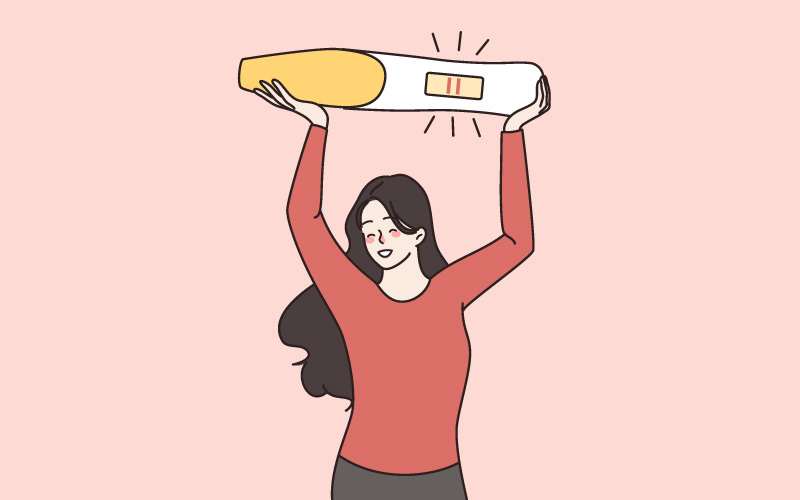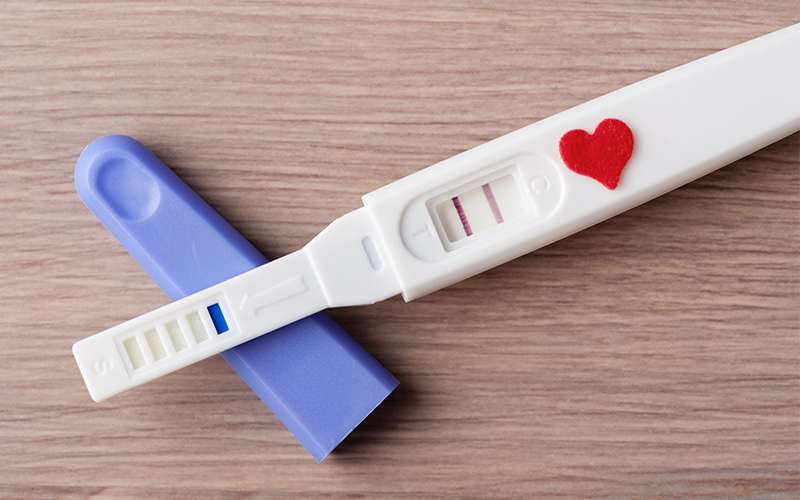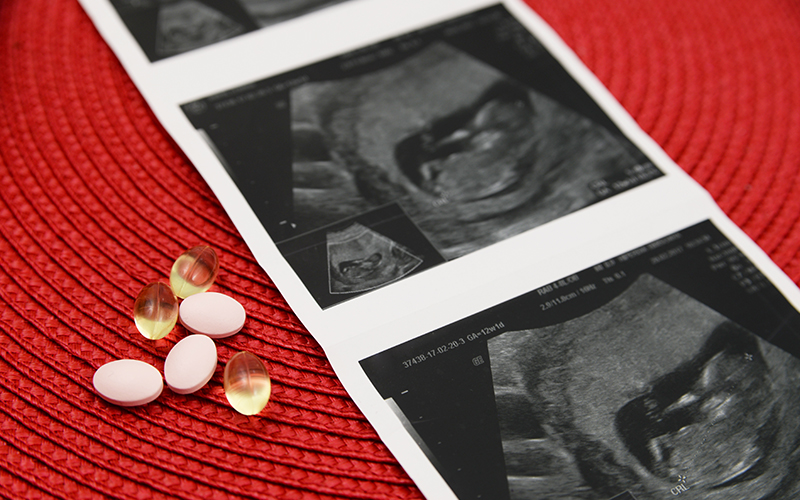Author – Motherhood Medical Team
Hormonal changes in women during menopause are attributed to some common mental health problems. The end of menstrual cycle and reproductive life in women is called menopause where there are changes in the hormonal levels of the body which can bring about many issues. These changes during the later stage of life are related with symptoms that can last for short period, or can last for quite a while.
Menopause can cause many physical symptoms like tiredness, night sweats, insomnia, hot flashes, stress, etc. Besides, mood changes like irritability, sadness, problem in concentration, and depression are also common. It has been seen that the symptoms associated with menopause can double the chances of depression during this time. Women who may have a history with depression or anxiety, may see a recurrence in symptoms.
Role of Estrogen in Menopause
The main hormone that fluctuates and cause as many symptoms during menopause is estrogen. Estrogen levels begin to drop during this period that can bring about hormonal fluctuations affecting the brain and nervous system altogether. Due to this, mood changes are common along with physical symptoms like fatigue, memory loss, tension, etc. that can cause emotional distress.
When it comes to depression, it has been seen women with a history of clinical depression are likely to witness recurring symptoms of depression during menopause. Research also suggest that menopause is linked with increasing the symptoms of bipolar disorder, where a woman with this disorder during menopause can experience more depressive episodes as well. The hormonal changes during menopause has shown that it can trigger mental health problems including psychotic conditions.
Solution for Menopause Symptoms
The treatment options for treating mental health problems during menopause can include lifestyle changes like getting enough sleep, exercising, quit smoking, seeking support groups, etc. Besides, some medications and therapies may also be recommended.
At Motherhood Hospitals, we have a team of experienced super specialists backed by the latest in infrastructure and facilities. We have the best Gynaecologist who are experts in handling complex deliveries, gynaecological needs, and other surgeries including a range of laparoscopic surgeries.
Do take an appointment with the best Gynaecology hospital at a centre closest to you. Meet with our doctors who will carry out the required investigations, diagnose the issue and recommend the most appropriate treatment, enabling you to lead an active life.
If you wish to get in touch with our doctors, please book your appointment here.


 Toll Free Number
Toll Free Number
















